Self Help Tips & Tricks
Here are some practical things you can do to improve your mental wellbeing.
Self care is important for mental health because it helps you to manage stress, improve your mood, and maintain a sense of balance in your life. When you engage in self care activities, you’re taking the time to prioritize your own well-being and take care of your physical, emotional, and mental health. This can help you feel more in control of your life, more positive, and more able to handle the challenges that come your way.
Self care can also help you to better manage stress and prevent burnout. Stress can take a toll on your mental health, and self care can help you to find healthy ways to cope with stress and prevent it from building up.
Overall, self care is an important part of maintaining good mental health and well-being. It helps you to take care of yourself and your needs, so that you can be better equipped to handle the demands of your life.
- Take breaks when you need them. It’s important to give yourself time to rest and recharge.
- Exercise regularly. Physical activity can help reduce stress and improve your mood.
- Get enough sleep. Make sure you’re getting enough rest at night to help you feel refreshed and energized during the day.
- Eat a healthy diet. Fueling your body with healthy foods can help improve your mood and overall well-being.
- Practice relaxation techniques. Try techniques such as deep breathing, meditation, or yoga to help you relax and de-stress.
- Take time to do things you enjoy. Make time for hobbies, activities, or pastimes that bring you joy.
- Connect with others. Social support is important for mental health. Make an effort to spend time with loved ones and cultivate healthy relationships.
- Seek professional help when needed. Don’t be afraid to reach out for support from a mental health professional if you’re struggling.
- Set boundaries. It’s important to set limits with others and learn to say no when you need to.
- Take care of your physical health. Make sure you’re getting regular check-ups, managing any chronic health conditions, and practicing good self care habits.
- Practice gratitude. Taking time to reflect on the things you’re thankful for can help improve your mental well-being.
- Avoid unhealthy coping mechanisms. Instead of turning to unhealthy behaviors like substance abuse or overeating, try healthier ways of coping with stress.
- Get outside. Spending time in nature can be a great way to relax and de-stress.
- Learn to manage your stress. Develop coping strategies and find healthy ways to manage stress, such as through exercise or relaxation techniques.
- Take breaks from technology. It can be helpful to take regular breaks from screens and social media to give your mind a rest.
- Seek support from friends and loved ones. Talk to someone you trust about your feelings and concerns.
- Practice self-compassion. Be kind and understanding to yourself, and remember that everyone makes mistakes.
- Set goals and work towards them. Having a sense of purpose and direction can be helpful for mental well-being.
- Try to find humor in difficult situations. Laughter can be a great way to reduce stress and improve your mood.
- Seek out new experiences and challenges. Pushing yourself out of your comfort zone can help you grow and improve your mental well-being.
Opening Hours
General office admin hours are 9am to 5pm Monday to Friday, however our Counselling appointments generally start from 7am to 8pm Monday to Friday and we also have sessions available on Saturdays between 10am and 2pm. We are very flexible in helping juggle work and family commitments. Let us know how we can make it work best for you.

